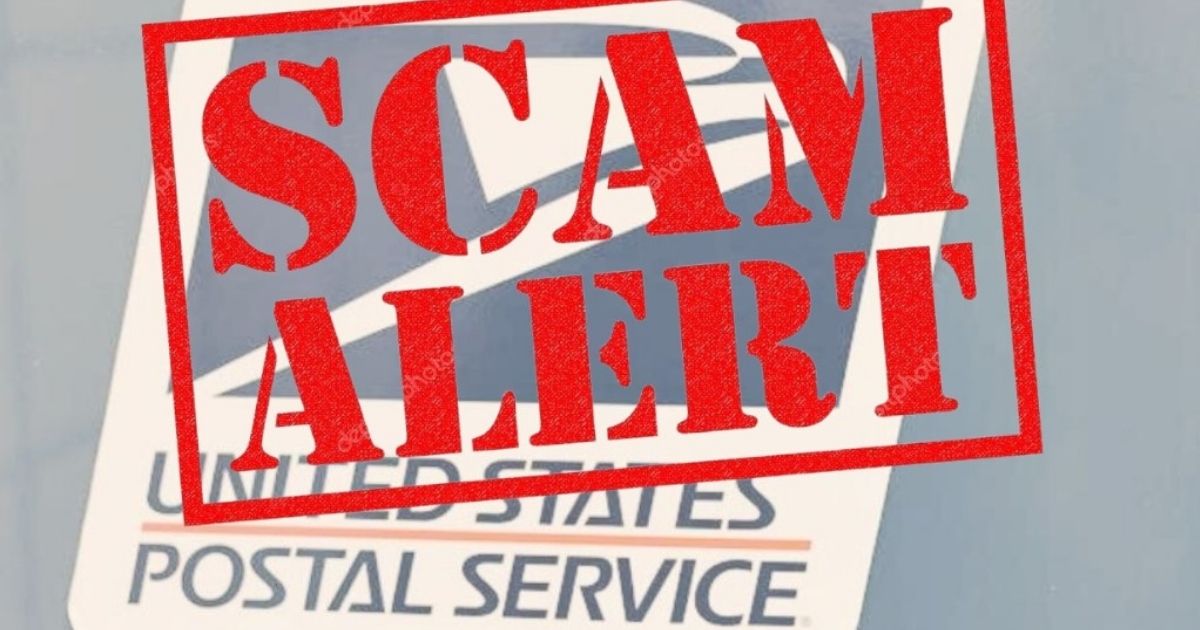After email, sms, and social media, the new way scammers are getting their hands on people’s personal information is through the postal service.
The United States Postal Service (USPS) is one of the most utilized and trusted federal departments. However, it’s under attack too. Seeing the rise in scams for data breaches and financial gains, USPS is on alert.
USPS has warned of an increasing number of “brushing” scams. These prey on gullible households nationwide. These frauds include sending unwanted items to random receivers. It’s a gift here and there. These packages are more than simply a little inconvenience. They are a part of a larger scheme that may jeopardize one’s privacy and personal information.
One of the methods these scammers use is called brushing.
Brushing is a strategy employed by scammers and dubious online sellers. For it to work, scammers deliver random stuff to your home. These can range from inexpensive electronics to cosmetics and occasionally even rubbish. They use your name and address, which they typically gain via compromised or leaked data.
Once the package is delivered, the recipient is then asked for a review. All this is done to improve product rankings on e-commerce platforms. The sender is supposed to be able to use your identity to post phony “verified purchase” reviews.
Some Chinese Temu merchants are padding their profits by using counterfeit postage labels to trick the US Postal Service into delivering packages for free. Posts on 🇨🇳 social media openly promote fake labels for as little as 60 cents, and the scam costs the USPS millions of… pic.twitter.com/DjtYbohVvF
— Byron Wan (@Byron_Wan) February 12, 2025
Nothing in life is free, and USPS wants you to keep this in mind. You may think you have gotten lucky or found the free package, an honest mistake, But USPS wants you to know that your data is probably already in the market, and you should be careful.
Some of the brushing incidents also want their customers to scan a code in order to write reviews and/or gain points for future purchases on the website. Since most people have one phone with which they operate their banking apps, if one uses the same phone to scan the code, your banking details could be hacked, too.
USPS has alerted people not to scan any random or suspicious code for a few free points on random websites.
This woman responded to the USPS scam text and got scammed for $700.
She fell for it because she was waiting for a package from overseas. She clicked the link and it asked for a card. Denied that card so she entered another one.
The post office would never text you. pic.twitter.com/r2n3ky3lmo
— Jelly Santos (@MrsJellySantos) January 3, 2025
Postal Inspector Brook Robinson says there may be more serious concerns associated with these deliveries.
Your name and address are being used without your agreement, which is a warning sign for identity fraud, even if there doesn’t seem to be any imminent risk. Robinson cautioned, “If you didn’t order it, don’t keep it, don’t click anything, and definitely don’t scan any QR codes.”
The USPS reported a rise in phishing and “smishing” scams. There has been an increase in bogus emails or texts that mimic official USPS correspondence. Usually, these communications ask consumers to click on harmful tracking links while claiming a delivery problem. Once clicked, the link could take users to websites that ask for login information or payment data.
🚫 Don’t let scammers steal your info! If you get an unexpected text about a problem with your shipment, don’t click—report it and go to the official USPS® site to verify. https://t.co/x38UIeYDT1 pic.twitter.com/kK9GFH5pBC
— U.S. Postal Service (@USPS) April 14, 2025
USPS communications specialist Sherry Patterson stressed the agency’s resolve to combat these schemes. They have released a set of instructions against these scam attempts. If a package you didn’t order arrives:
- Never click on any links or scan any QR codes that could be present.
- Use the U.S. Postal Inspection Service’s website to report the parcel.
- Keep an eye out for any fraudulent activity in your financial accounts.
- As a precaution, think about reviewing your credit record and freezing your credit.
For additional information, consumers should visit www.uspis.gov and forward questionable emails or texts to [email protected].






